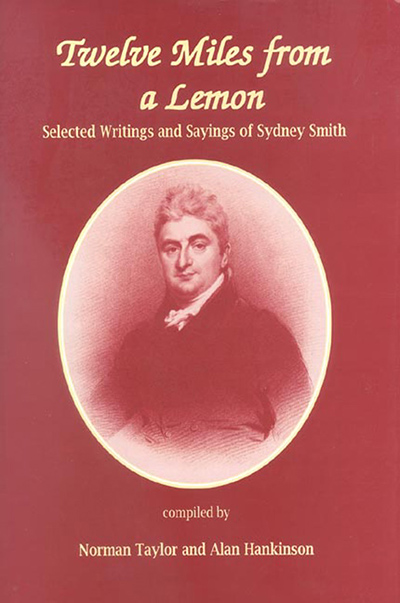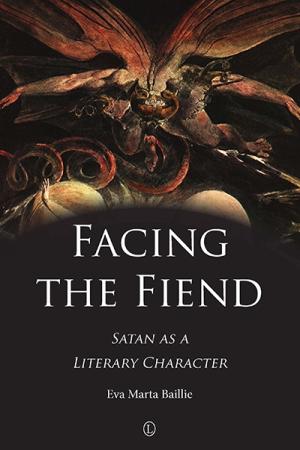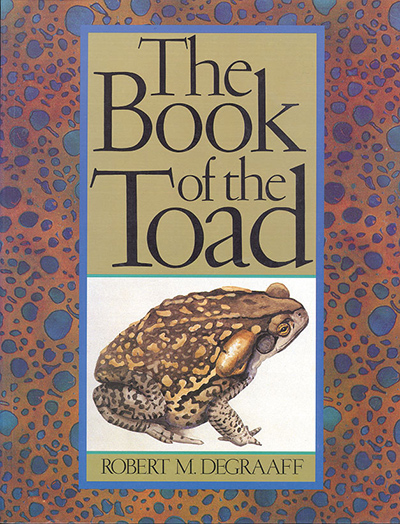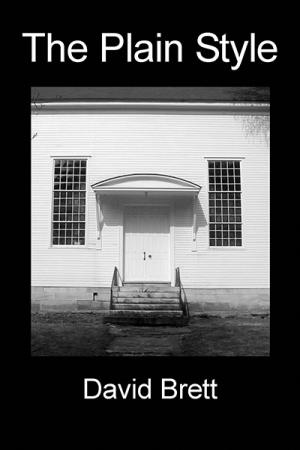Description
There are those who say that the Reverend Sydney Smith ought to be made a saint of the Church of England. There are those who say that he jested away his chances of a mitre. There are those who simply read him and laugh.
Sydney Smith was not only a humorist. He was a respected clergyman who worked steadily for Roman Catholic emancipation despite his own staunch Anglicanism. In 1802 he helped to found The Edinburgh Review, which became one of the most powerful journals in Britain. Lord Macaulay referred to him as ‘The Smith of Smiths’. Jane Austen is thought to have based Henry Tilner in Northanger Abbey on him. G. K. Chesterton was another of his admirers.
This book gathers together a selection of Smith’s own writings together with extracts from his daughter’s biography of him. Arranged thematically, the passages deal with Home and Abroad, Politics, Social Evils, Education, Religion, and Health and Happiness. As well as Sydney’s renowned wit, the collection enshrines the wisdom of a man of enormous common sense and the preaching of an eloquent orator.
We discover the sloth, who ‘moves suspended, rests suspended, sleeps suspended, and passes his life in suspense – like a young clergyman distantly related to a bishop.’ We meet the bishop who ‘deserved to be preached to death by wild curates.’ But most of all, we enjoy the company of a man determined that ‘as long as I can possibly avoid it I will never be unhappy.’
The ‘amusing defender of our faith’ described a friend’s idea of heaven as ‘eating paté de foie gras to the sound of trumpets.’ His present-day admirers may disagree, finding their ideal of heaven in reading this wonderfully entertaining book.
About the Author
Norman Taylor was born in 1926, and educated at Bolton School. From 1944 to 1946 he served as an officer in the R.N.V.R. A scholar of Corpus Christi College, Cambridge, he read history before going to Cuddesdon College, Oxford to prepare for ordination. He served his title at the parish church of Clitheroe in Blackburn diocese. For fifteen years he was Rector of Little Wilbraham in Ely diocese, before becoming Chaplain of St. Faith’s School, Cambridge, and finally, honorary assistant priest of Chesterton Parish Church. He now lives in retirement in Lyme Regis, and serves on the Salisbury branch committee of the Prayer Book Society. He has also compiled the highly successful For Services Rendered: An Anthology in Thanksgiving for the Book of Common Prayer, also published by The Lutterworth Press.
After serving as an officer in the Black Watch regiment Alan Hankinson worked for the BBC and ITV. He is now a full-time writer with several books about mountaineering to his credit. His most recent works are biographies of William Howard Russell, war correspondent of the Times, and the climber Geoffrey Winthrop Young.
Contents
Acknowledgements
Illustrations
I. Introduction
II. Travellers’ Tales
III. The United States of America
IV. Town and Country
V. Education
VI. Social Issues
VII. The Arts
VIII. Politics
IX. Bishops
X. Preachers and their Sermons
XI. Dissenters and Missionaries
XII. Ireland and Roman Catholic Emancipation
XIII. Health & Happiness
XIV. Epilogue
Index
Endorsements and Reviews
The great strength of this anthology, however, is that it gives us much more than Smith the genial wit. We also encounter a serious and impassioned man, an indignant commentator on the government of Ireland (‘a monument of shame and infamy to England’), on slavery, and on the treatment of Roman Catholics. He emerges as an important voice of the liberal conscience, often funny, prickly, penetrating, and never dull. … This is a very fine anthology indeed, a compendium of good humour, patience and enlightened liberalism, and no less than the Smith of Smiths deserves.
Christopher Hart, in The Daily Telegraph
I have to recommend the writings and sayings of Sydney Smith … he was supremely funny.
Parish News
… I was delighted when Twelve Miles from a Lemon: Selected Writings and Sayings of Sydney Smith … landed on my desk. … readers will have to turn to the book itself to savour his elaborate periods, caustic sarcasm, and clever puns.
The Expository Times
… an entertaining and revealing mix of biography and humour, wit and wisdom. One of the merits of Alan’s book is that it gives a rounded portrait of the man – public benefactor, social and moral reformer, fighter for such worthy causes as religious tolerance or political democracy. … a lively anthology, rich in good sense and stimulating ideas.
The Keswick Reminder
… an entertaining selection of his writings. … an abiding concern for religious tolerance and political democracy, all unpopular causes, all this without demonstrations or uproar, with great humour and his pen.
Catholic Women’s League News
Smith deserves to continue to be read as a contributor of extraordinary perception, wit and wisdom. Often caustic he was so rational in his thinking, and yet so sensitive in his dealings with those in power, that the wit and wisdom which featured in everything he wrote made them think on what he said and sometimes to be moved to make the changes in attitudes which he suggested … Many of the problems with which we have to wrestle were of the kind for which he posited solutions that are still worthy of consideration … Churchmen have much to learn from Sydney … In nothing is Smith more interesting than in what he wrote on the churches – on worship, preaching and tolerance … The authors have done us a service in providing us with what Sydney Smith wrote, often to people in the whole, but sometimes person to person in a delightful intimacy.
Church of Ireland Gazette
What is impressive about the clever and amusing Whig cleric and what is firmly established in the work … is his serious, disciplined, conscientious application to the principles of his religion … The compilers have given us much to be grateful for …
James Michie, in The Spectator






